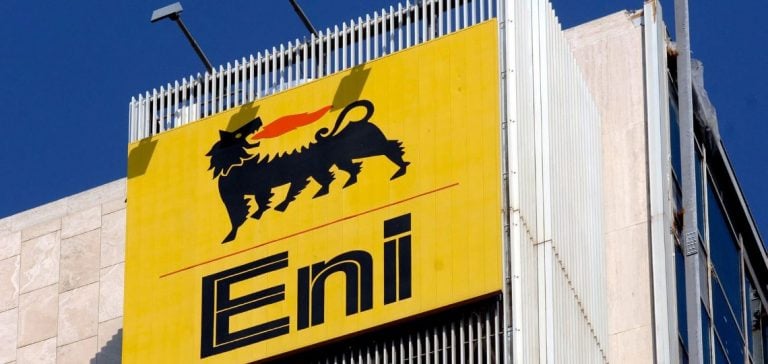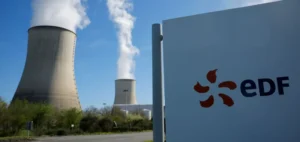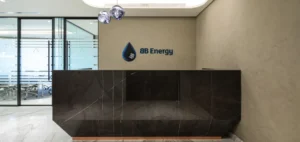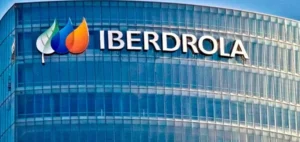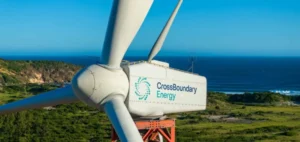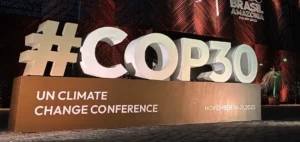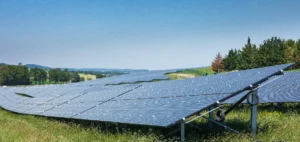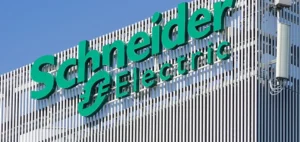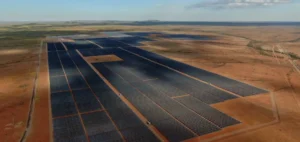After several quarters marked by solid profitability, the Italian energy group Eni reports a 73% drop in net profit in the third quarter of 2024. The quarterly profit, amounting to 522 million euros, is well below the initial projections of analysts at the financial information provider Factset, who had expected a profit of 1.08 billion euros for the period. The decline in oil prices, influenced by geopolitical tensions and global market fluctuations, is a key factor in this downwardly revised financial performance.
The drop in profitability is also evident in the annual results. Over the first nine months of the year, Eni’s net profit was halved, reaching 2.39 billion euros. This reduction reflects increased pressure on the group’s margins, despite a 2% rise in hydrocarbon production in the third quarter, reaching a daily production of 1.66 million barrels.
Downward Revision of Annual Forecasts
In response to this situation, Eni revised its forecast for its adjusted pro forma operating profit (Ebit), a key performance indicator. The group now estimates this indicator at 14 billion euros for 2024, down from a previous estimate of 15 billion euros. This revision comes in a context where the group anticipates a Brent oil price of around 83 dollars for the year, compared to an initial forecast of 86 dollars.
The adjusted pro forma Ebit for the first nine months of the year also recorded a 17% drop, reaching 11.6 billion euros. This decrease reflects the combined effects of lower oil prices and a less favorable market environment.
An Investment Strategy Despite the Challenges
Despite the challenges posed by the current economic climate, Eni continues to implement initiatives to strengthen its financial structure and retain investor interest. The group announced an increase in its share buyback program, from an initially planned 1.6 billion euros to 2 billion euros for the current year. This decision is supported by an asset disposal program aimed at generating 8 billion euros by 2027.
In parallel, Eni is pursuing its “satellization” strategy for certain activities. Last Thursday, the group signed an agreement with American investment fund KKR to sell 25% of its subsidiary Enilive, specialized in bio-refining, for an amount of 2.9 billion euros. This transaction values the Enilive subsidiary at 11.75 billion euros. According to Claudio Descalzi, CEO of Eni, this sale aims to strengthen the financial stability of the subsidiary and attract investors interested in specialized and autonomous entities.
Investment in Energy Transition
As part of its transformation strategy, Eni also announced a 2-billion-euro investment over five years in its chemical subsidiary Versalis. The goal of this investment is twofold: to reduce CO₂ emissions from the subsidiary while improving its financial performance. Versalis has suffered significant financial losses over the past years, amounting to nearly 7 billion euros in cash flow, including 3 billion euros in the past five years.
This commitment is part of Eni’s intention to diversify its activities and move towards more sustainable solutions, particularly through investments in technologies aimed at reducing the carbon footprint of its operations. Claudio Descalzi emphasized that this transformation is essential to ensure the group’s sustainability and resilience in light of changes in the energy market.


